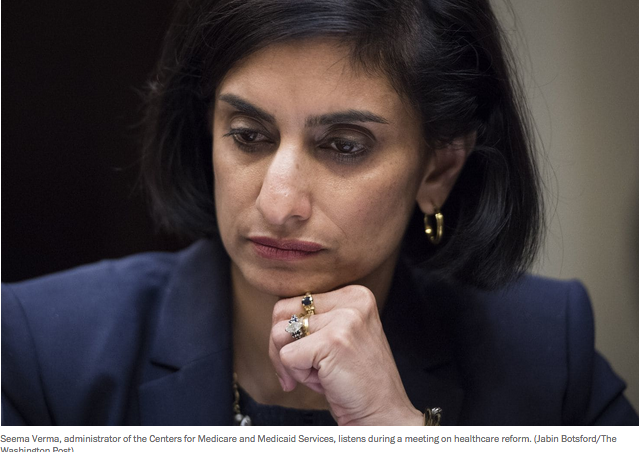The Trump administration took another major swipe at the Affordable Care Act, halting billions of dollars in annual payments required under the law to even out the cost to insurers whose customers need expensive medical services.
In a rare Saturday afternoon announcement, the Centers for Medicare and Medicaid Services said it will stop collecting and paying out money under the ACA’s “risk adjustment” program, drawing swift protest from the health insurance industry.
Risk adjustment is one of three methods built into the 2010 health-care law to help insulate insurance companies from the ACA requirement that they accept all customers for the first time — healthy and sick — without charging more to those who need substantial care.
The other two methods were temporary, but risk adjustment is permanent. Federal health officials are required each year to calculate which insurers with relatively low-cost consumers must chip in to a fund, and which ones with more expensive customers are owed money. This idea of pooling risk has had significant practical effects: encouraging insurers to participate in the insurance marketplaces the ACA created for Americans who cannot get affordable health benefits through a job.




